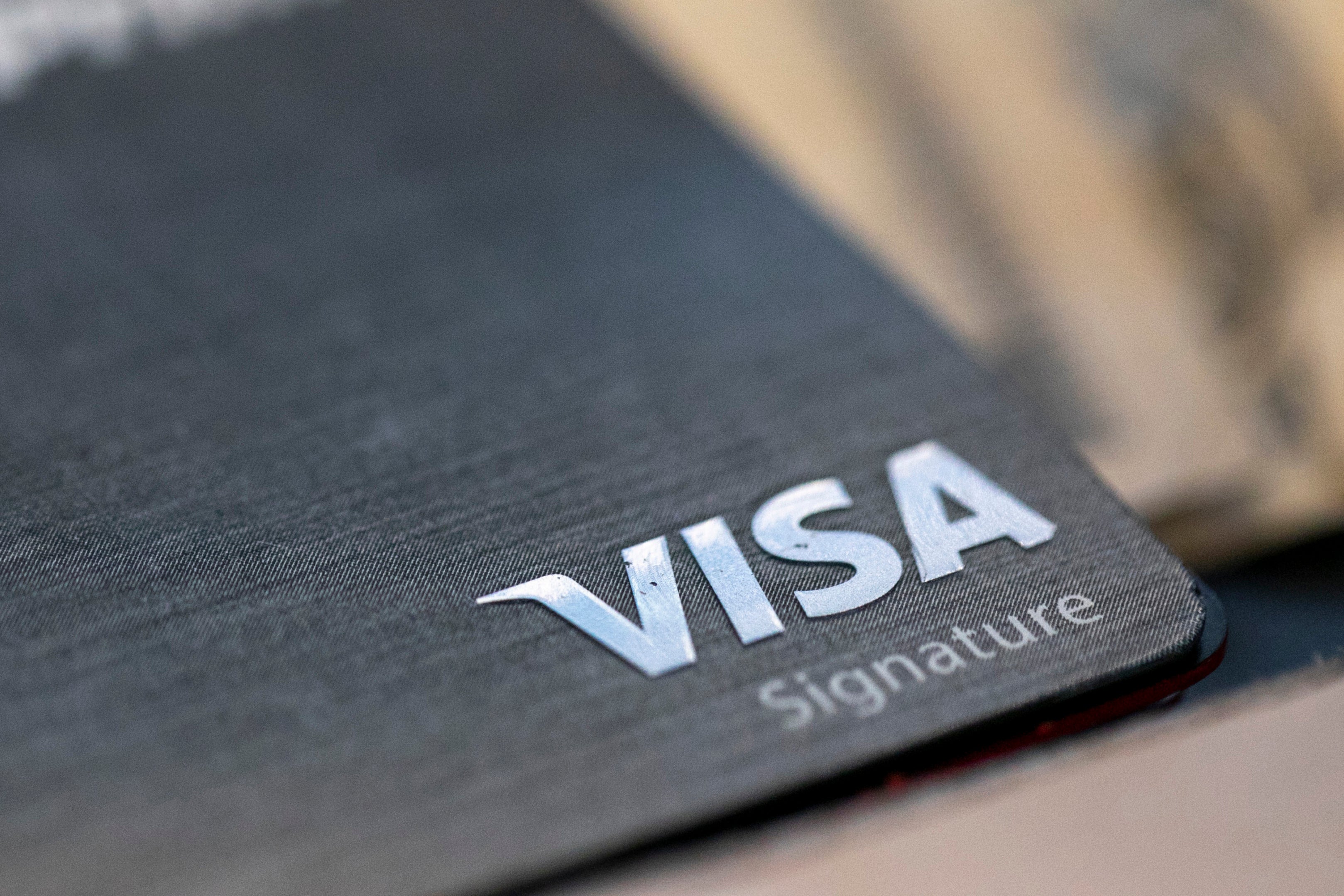Elon Musk’s X takes one step closer to his final goal
It has been described as a ‘milestone for the Everything App’
Your support helps us to tell the story
From reproductive rights to climate change to Big Tech, The Independent is on the ground when the story is developing. Whether it's investigating the financials of Elon Musk's pro-Trump PAC or producing our latest documentary, 'The A Word', which shines a light on the American women fighting for reproductive rights, we know how important it is to parse out the facts from the messaging.
At such a critical moment in US history, we need reporters on the ground. Your donation allows us to keep sending journalists to speak to both sides of the story.
The Independent is trusted by Americans across the entire political spectrum. And unlike many other quality news outlets, we choose not to lock Americans out of our reporting and analysis with paywalls. We believe quality journalism should be available to everyone, paid for by those who can afford it.
Your support makes all the difference.Elon Musk is one step closer to turning X, his social media platform formerly known as Twitter, into the ‘everything app’ he always wanted.
The company is partnering with Visa to launch real-time payments later this year, CEO Linda Yaccarino announced. This move marks a step towards owner Elon Musk’s long-held ambition of creating an “everything app.”
The new service, called “X Money Account,” will initially be available in the US and will allow users to create an in-platform digital wallet. Users can link their debit cards for peer-to-peer payments and transfer funds to their bank accounts.
Visa confirmed the partnership, stating that the service will be powered by Visa Direct, its real-time money transfer technology. While the exact launch date remains undisclosed, the collaboration signifies X’s foray into financial services.
Whether X Money will expand to other countries and incorporate additional payment partners remains to be seen. However, this initial US launch with Visa represents a significant development in X’s evolution.
In her post Tuesday, Yaccarino called the partnership with Visa a “milestone for the Everything App” and the “first of many big announcements about X Money this year."
The prospect of San Francisco-based X, formerly known as Twitter, becoming an “everything app" has been floated around for some time. Before officially closing the deal to purchase the platform for $44 billion back in 2022, Musk expressed interest in creating his own version of something similar to China’s WeChat — a “super app” that does video chats, messaging, streaming and payments.

And his fascination with such a platform began long before the Twitter deal was on the table. Musk has been toying with the idea of an “everything app” since the late 1990s when he launched a startup called X.com that was later merged into what became X.com. He continued to push for PayPal to diversify but was rebuffed by company CEO Peter Thiel and other executives. PayPal was sold in 2002 to eBay for $1.5 billion — providing Musk with a windfall that he funneled into the creation of SpaceX and an investment in Tesla in its early days.
The landscape is far more competitive today — with a handful of companies making similar efforts to expand their in-platform offerings. Other social media giants, such as Facebook parent Meta, have added shopping, games and even dating features.

Consumers now have different platforms at their disposal for communications, payment services, entertainment and more. How X's coming “everything” features will fare has yet to be seen. Since Musk's 2022 takeover, the platform has already alienated many users and advertisers over reports of rising hate speech and misinformation.
X’s ambitions could also thrust the company into the crosshairs of other powerful tech giants trying to fend off a perceived competitive threat. U.S. regulators have alleged that Apple, for example, has been illegally using its market power to stifle so-called super apps from making their way onto its iPhone since 2017.
As part of an antitrust lawsuit filed last year, the U.S. Justice Department said it had uncovered evidence showing that Apple believed a super app would lessen consumers’ usage of the iPhone’s own software and services, including payment processing. The Cupertino, California, company has vehemently denied the allegations and is trying to persuade a federal judge in New Jersey to dismiss the entire case.
